Discover the habits great travel groups avoid to ensure smooth, stress-free adventures.
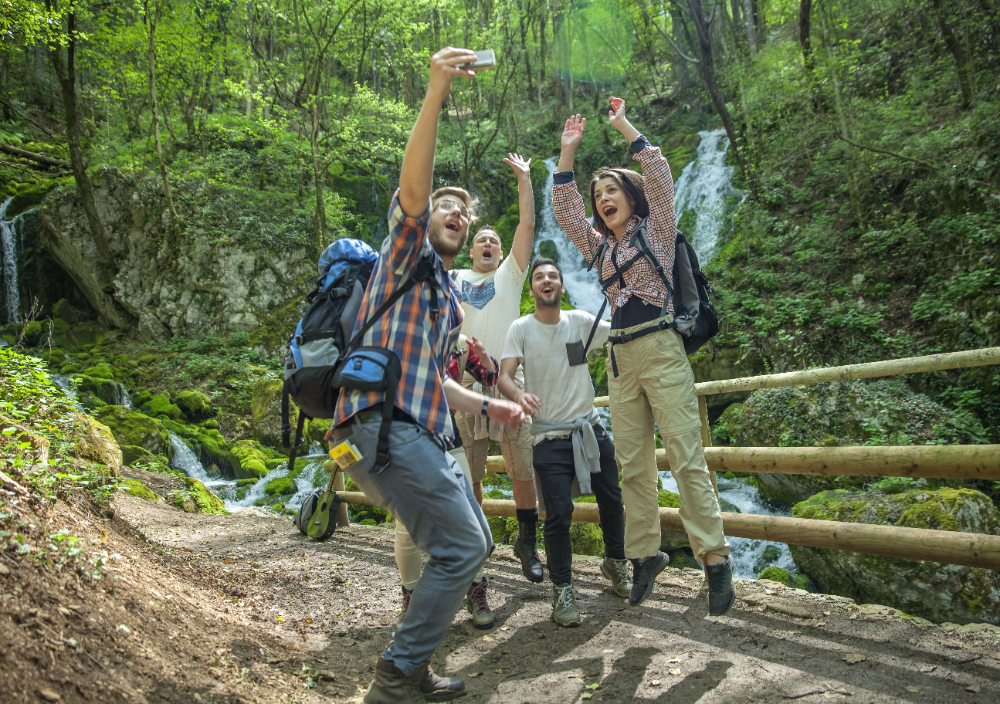
The best travel groups know how to avoid drama, conflict, and stress that can ruin a trip. It’s not just about where you go but how you navigate the journey together. From open communication to respecting boundaries, certain habits ensure everyone has a great time. In this article, we’ll highlight 11 trip-ruining things that successful travel groups never do, so you can plan your next getaway with confidence and harmony.
1. They never ignore the importance of pre-trip planning and communication.

Successful travel groups know that solid planning and clear communication are essential to a smooth trip. They discuss key details like budgets, itineraries, and personal preferences well in advance, ensuring everyone is on the same page. This collaborative approach helps avoid misunderstandings or last-minute surprises that could lead to tension. By setting expectations early, they create a harmonious environment where every member feels heard and valued. Good planning ensures the trip starts with unity and shared excitement.
2. They never ignore the importance of pre-trip planning and communication.
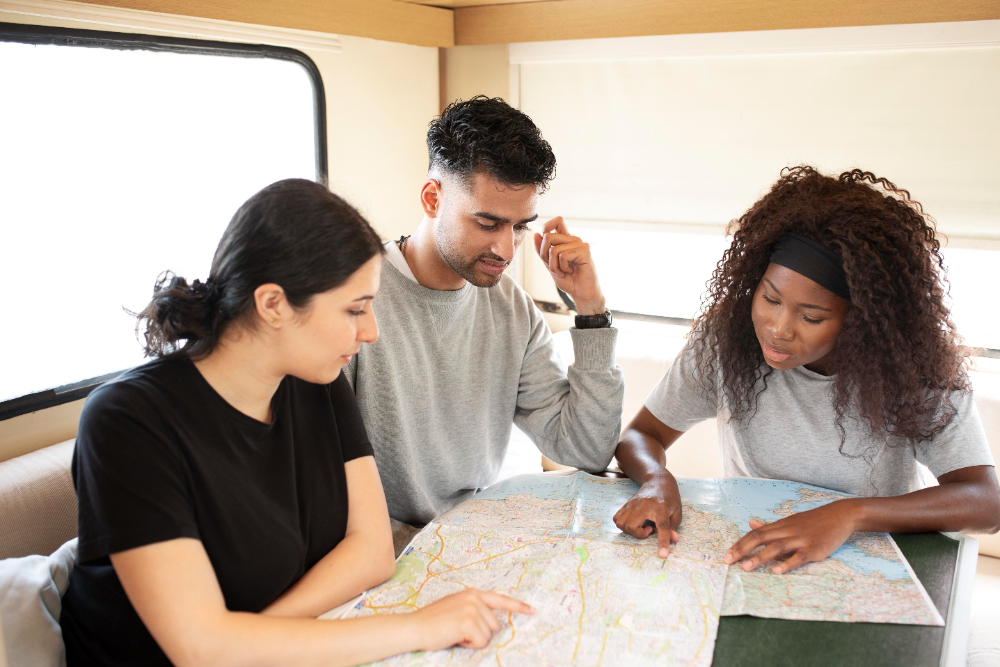
Balanced responsibility is a hallmark of well-functioning travel groups. They share the workload by dividing tasks like booking accommodations, researching activities, and managing transportation. This ensures no one feels overwhelmed or unfairly burdened. Delegating roles allows everyone to contribute to the trip’s success while fostering teamwork. With clear communication and shared duties, these groups prevent resentment and ensure the trip is both organized and enjoyable for all members.
3. They never force activities that not everyone agrees on.

Inclusive travel groups understand the importance of respecting individual preferences. They avoid pressuring members to join activities they’re not interested in and instead allow for flexibility. By including a mix of group events and solo or small-group options, they ensure everyone feels comfortable and engaged. This approach prevents resentment and allows individuals to explore their interests without disrupting the group dynamic. Flexibility fosters a sense of freedom and mutual respect during the trip.
4. They never overpack the schedule and leave no time for rest.
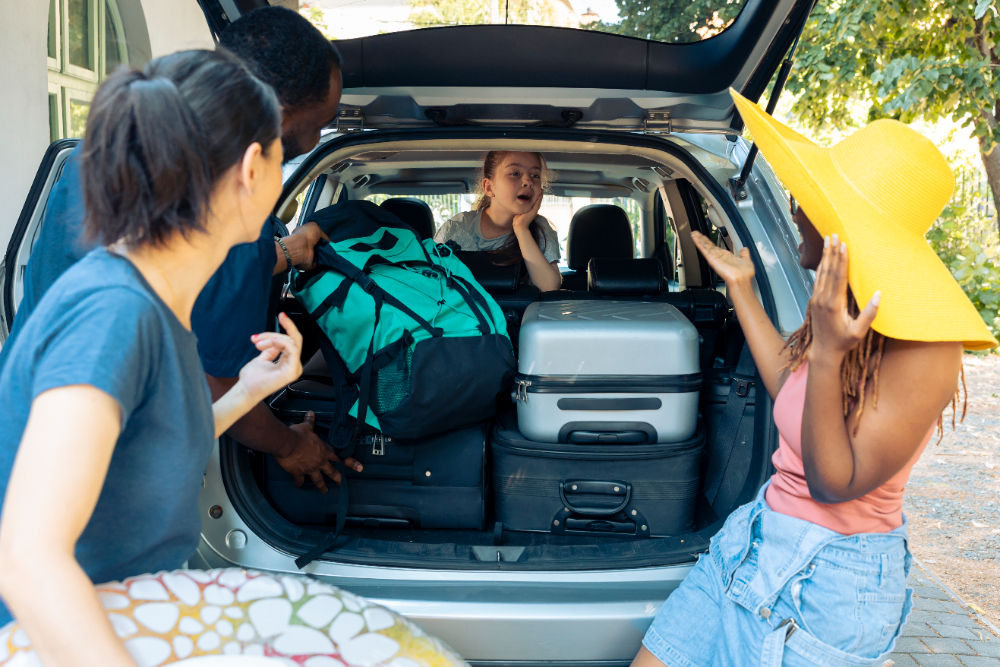
Overloading an itinerary can lead to stress and exhaustion, which is why great travel groups prioritize balance. They include time for relaxation and unplanned exploration, ensuring the trip doesn’t feel like a race. Downtime allows members to recharge, reflect, and enjoy spontaneous moments. This flexibility also accommodates unforeseen delays or opportunities. By leaving space for rest and discovery, they create a more enjoyable and sustainable travel experience for everyone.
5. They never ignore individual budgets or spending limits.

Money-related conflicts are a common source of tension, but successful groups avoid this by addressing budgets upfront. They choose accommodations, activities, and dining options that align with everyone’s financial comfort levels. Open discussions about costs help avoid awkward moments and ensure all members feel included. By respecting financial boundaries and finding compromises, they foster a supportive and stress-free environment where no one feels pressured or left out.
6. They never take complaints or disagreements personally.

Disagreements can arise during travel, but great groups handle them constructively. They address issues calmly, focusing on solutions rather than assigning blame. Whether it’s differing opinions on where to eat or how to spend the day, they listen to each other with empathy and compromise when needed. Keeping the group dynamic positive and respectful prevents small conflicts from escalating into larger problems. By fostering understanding, they maintain a harmonious atmosphere throughout the trip.
7. They never dominate conversations or hog decision-making power.

Strong travel groups value equality and ensure everyone has a voice. They avoid letting one person dominate discussions or decisions, instead encouraging all members to contribute their ideas and preferences. By fostering collaboration, they create a sense of inclusion and shared ownership of the trip’s success. When conflicts arise, they resolve them democratically. This approach strengthens group bonds and ensures everyone feels heard, leading to a more enjoyable and cohesive travel experience.
8. They never disrespect local customs or cultures while traveling.
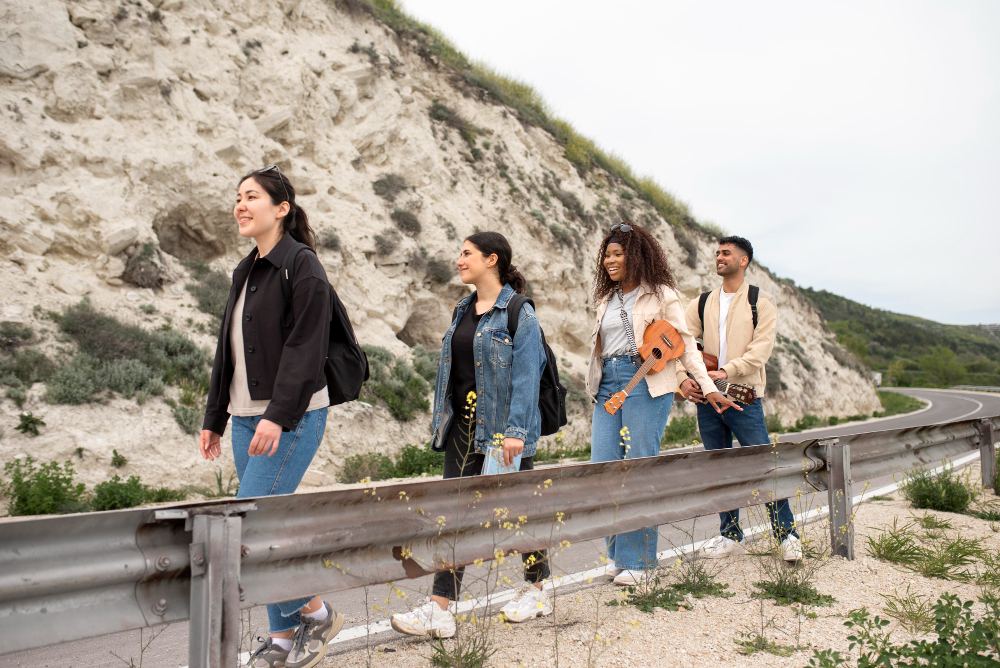
Respecting local customs and cultures is a priority for good travel groups. They take time to research their destination’s traditions, etiquette, and dress codes to avoid unintentionally offending locals. Encouraging each other to embrace cultural differences enriches their experience and builds positive relationships with the communities they visit. By being respectful and open-minded, they not only ensure their trip goes smoothly but also leave a positive impression as considerate travelers.
9. They never leave others to navigate alone in unfamiliar places.

Safety is a priority for effective travel groups, and they avoid leaving members to fend for themselves in unfamiliar or potentially unsafe areas. They plan meet-up points, stay connected through communication tools, and check in regularly. If someone wants to explore solo, they ensure the person is prepared with a map, contact info, and an agreed timeline. This sense of responsibility and teamwork keeps everyone secure and reduces the risk of mishaps.
10. They never let minor annoyances turn into major problems.
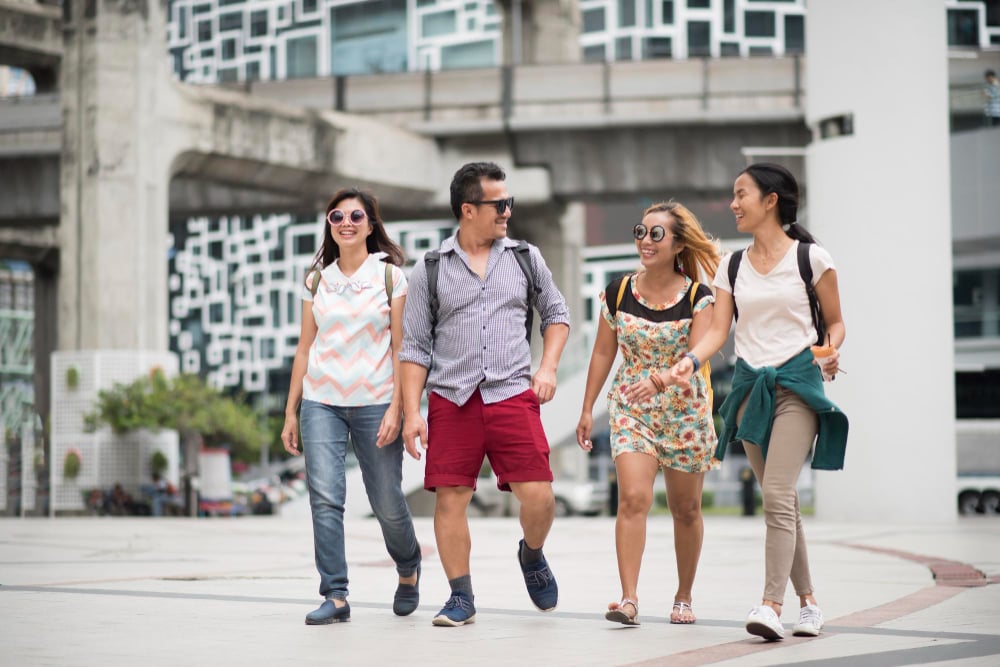
Successful groups know that minor annoyances are inevitable, but they don’t let them spiral into major conflicts. Instead, they address small issues with humor or perspective, focusing on the trip’s positives. For example, a late start or an unplanned detour becomes part of the adventure rather than a source of frustration. By maintaining a flexible and understanding attitude, they keep the group dynamic positive and prevent small tensions from overshadowing the experience.
11. They never forget to celebrate and appreciate each other’s efforts.

Gratitude is a cornerstone of great travel groups. They take time to acknowledge and appreciate each other’s contributions, from planning logistics to keeping spirits high during challenges. Small gestures, like thanking someone for organizing a meal or recognizing their support, foster camaraderie and mutual respect. These acts of kindness strengthen group bonds and create a positive atmosphere. By celebrating each other’s efforts, they ensure the trip is both memorable and enjoyable for everyone.
